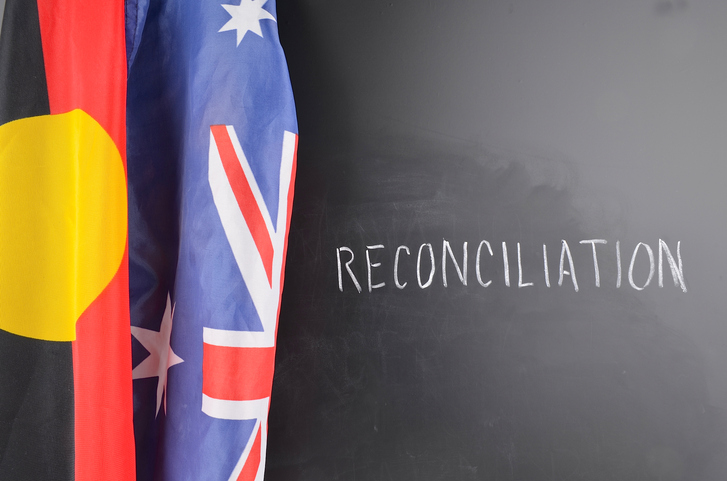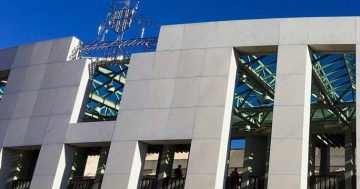
In a first for Australia, the ACT will hold a Reconciliation Day public holiday on May 28 next year.
The new public holiday will replace the current Family and Community Day, which will be held for the last time in the ACT on September 25 this year.
The introduction of a Reconciliation Day public holiday marks the first time in Australia that an Aboriginal and Torres Strait Islander focused public holiday has been established.
The move follows the passing of the Holidays (Reconciliation Day) Amendment Bill 2017 in the ACT Legislative Assembly yesterday with support from all parties.
ACT Minister for Aboriginal and Torres Strait Islander Affairs, Rachel Stephen-Smith said that Reconciliation Day will be held each year on the first Monday on or after the 1967 Referendum anniversary date of 27 May, which marks the start of National Reconciliation Week.
“I look forward to working with Aboriginal and Torres Strait Islander Canberrans and the wider community as we consider together the best way to celebrate the first Reconciliation Day in 2018,” Ms Stephen-Smith said.
“Canberrans should be proud to be part of a community where we can all come together to recognise and celebrate the important place of Aboriginal and Torres Strait Islander culture and history in our city and nation.”
Writing in The RiotACT last month, Ms Stephen-Smith said that National Reconciliation Week is bookended by significant milestones in the reconciliation journey.
“The 1967 referendum, the 50th anniversary of which we marked this year, saw more than 90 per cent of Australians vote to give the Commonwealth the power to make laws for Aboriginal and Torres Strait Islander peoples and recognise them in the national census,” Ms Stephen-Smith wrote.
“The end of reconciliation week, 3 June, commemorates the High Court of Australia’s landmark Mabo decision in 1992. This case paved the way for Native Title.”
Ms Stephen-Smith believes that reconciliation needs to be a conversation in Australian society that becomes normal and ongoing.
“Reconciliation won’t end with a single act or gesture, but each step on the journey is important. The establishment of Reconciliation Day is Canberra’s next step,” she stated.
“On Reconciliation Day, I hope we will celebrate what we have achieved as well as recognising what we still need to do.”
The new Reconciliation Day public holiday in the ACT has been welcomed by Reconciliation Australia, which also hopes it will lead to more discussion about the Australia Day public holiday on January 26.
“Celebrating reconciliation through a public holiday is to be applauded but it’s also important to think more about January 26,” said Reconciliation Australia co-chair, Professor Tom Calma.
“Now the ACT government has taken that move there’s potential to reconsider what January 26 means,” he said.
“At Reconciliation Australia we welcome discussion about that and welcome the community asking the big questions about what it is we’re celebrating.
“We’re particularly interested in making sure that whatever happens, this is about unification of Australia and not dividing us as a society. So having a conversation is very important at this stage.”
What do you think about having a new Reconciliation Day public holiday? Do you think the Australia Day public holiday on January 26 is divisive or should be left as it is? Let us know your thoughts in the comments below.



















